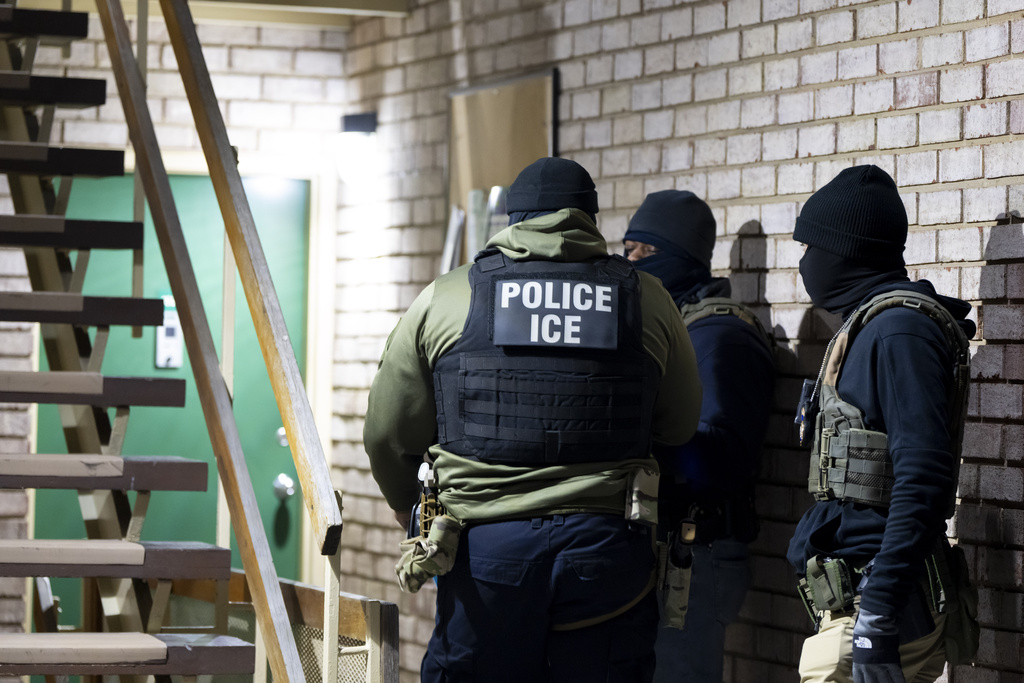As immigration continues to rise in Southern California, a pressing concern emerges regarding undocumented immigrants who face state charges. These individuals may be at heightened risk of federal detention, even when their legal issues are unrelated to immigration status.
Undocumented residents already entangled in the local justice system serve as prime targets for federal immigration enforcement. Federal agents prefer to apprehend individuals in jails, where the environment is more controlled, rather than in unpredictable community raids.
While state laws significantly limit cooperation with U.S. Immigration and Customs Enforcement (ICE), local law enforcement agencies have largely resisted collaborating with federal immigration processes. Law enforcement leaders in the region assert that handling immigration matters should fall under federal jurisdiction, as involving local agencies can deter undocumented individuals from coming forward as victims or witnesses in criminal cases.
Need bail in California? Give us a call
In light of the current administration’s commitment to an extensive deportation strategy, local law enforcement faces immense pressure from federal authorities. Federal officials are exploring loopholes to navigate state sanctuary regulations and pursue undocumented immigrants involved in state crimes.
According to Annie Lai, a law professor at UC Irvine, there has been a notable increase in immigration detainers issued by ICE to local jails since the beginning of the year. These detainers effectively request local agencies to notify ICE when an undocumented immigrant is about to be released, allowing federal agents to pick them up. However, due to California’s sanctuary laws, these requests are often ignored.
Federal efforts have intensified with initiatives like “Operation Guardian Angel,” which aims to circumvent state sanctuary laws by using arrest warrants for undocumented immigrants. This program positions the arrests as criminal offenses rather than immigration violations, thereby seeking to bypass restrictions on cooperation with ICE.
While local law enforcement generally avoids checking immigration status at the time of arrest, the risks to undocumented immigrants remain considerable. Many may be unaware that a state criminal conviction could lead to deportation, underscoring the critical need for legal counsel and awareness of rights.
The intersecting issues of immigration enforcement and the criminal justice system prompt important discussions about fairness and equity. Experts like Lai emphasize the severe implications for those swept into federal custody, which can disrupt their legal processes and separation from their families, impacting their rehabilitation prospects.

